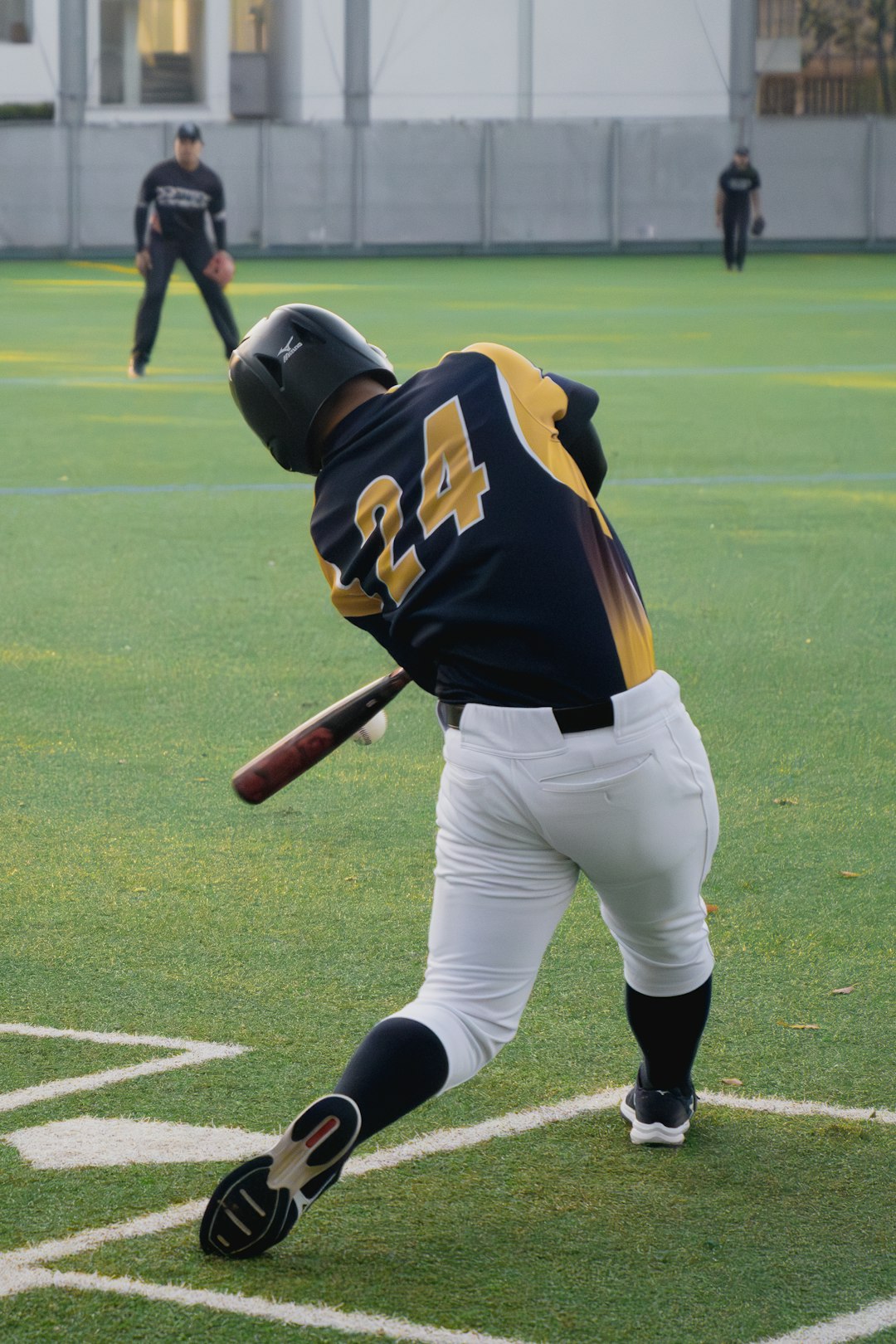Throughout the history of Major League Baseball (MLB), a select group of players from Nippon Professional Baseball (NPB), Japan’s premier baseball league, have left an indelible mark on America’s pastime. While transitioning across continents and adapting to a different style of play presents formidable challenges, these athletes have demonstrated immense talent, resilience, and character. This article takes an in-depth look at some of the best baseball players from Japan who made the leap to Major League Baseball and left a lasting legacy.
Ichiro Suzuki – The Gold Standard
If there’s a face synonymous with Japanese excellence in MLB, it’s Ichiro Suzuki. He arrived in the United States in 2001 with the Seattle Mariners, having already dominated NPB as a seven-time batting champion with the Orix BlueWave.
Ichiro’s debut season was nothing short of historic. He won both the American League Rookie of the Year and the MVP Award in 2001, an incredible feat that marked the beginning of a legendary MLB career. His consistent contact hitting, impeccable fielding skills, and speed revolutionized perceptions of what a leadoff hitter could be.
- Over 3,000 MLB hits (plus an additional 1,278 in NPB)
- 10 consecutive Gold Gloves (2001-2010)
- 10-time MLB All-Star
Ichiro remains an icon, both in Japan and in the United States, not only for his achievements but also for the professionalism and dignity with which he carried himself.

Hideo Nomo – The Trailblazer
Before Ichiro, there was Hideo Nomo, often credited as the man who opened the door for Japanese players in MLB. Known as the “Tornado” for his unique wind-up delivery, Nomo signed with the Los Angeles Dodgers in 1995 after an outstanding career with the Kintetsu Buffaloes.
In his debut MLB season, Nomo captured the imagination of fans with his devastating forkball and led the league in strikeouts en route to winning the National League Rookie of the Year. He went on to pitch two no-hitters — an extremely rare accomplishment for any MLB pitcher, let alone a non-American-born one.
- 123 MLB career wins
- Two no-hitters (1996 and 2001)
- First Japanese player elected to the Japan Baseball Hall of Fame (2014)
Nomo’s decision to join MLB under complex legal and contractual arrangements paved the way for others to follow.
Hideki Matsui – Godzilla Goes Big Time
Nicknamed “Godzilla” for his power-hitting prowess, Hideki Matsui joined the New York Yankees in 2003 after a star-studded NPB career with the Yomiuri Giants. Matsui became a fan favorite quickly, establishing himself as a reliable hitter and clutch performer.
His crowning moment came in the 2009 World Series, where he batted .615 and was named the World Series MVP, becoming the first Japanese-born player to earn the honor. Notably, he smashed three home runs and had eight RBIs over just 13 at-bats during the series.
- 175 MLB home runs
- 2009 World Series MVP
- Combined 507 home runs across NPB and MLB
Matsui’s success helped solidify the legitimacy of Japanese sluggers in the American game.
Yu Darvish – The Modern Ace
Yu Darvish was one of the most hyped pitchers ever to make the transition from NPB to MLB. After dominating for the Hokkaido Nippon-Ham Fighters with a career ERA of 1.99, Darvish signed with the Texas Rangers in 2012 via the posting system.

He immediately showcased a broad arsenal of pitches and a mind for the game that impressed even seasoned MLB veterans. Darvish became a four-time All-Star and led the league in strikeouts in 2013.
- Over 1,900 MLB strikeouts
- Multiple All-Star appearances
- Career ERA in the low 3.00s
Still active, Darvish remains a central figure in any conversation about dominant starting pitchers.
Masahiro Tanaka – The Postseason Performer
Acquired by the New York Yankees in 2014, Masahiro Tanaka came with expectations as large as his NPB contract. In Japan, he had once recorded 24 straight wins in a single season with the Rakuten Golden Eagles.
While injuries occasionally hindered his regular season performances in MLB, Tanaka’s reputation as a playoff warrior was sealed by his remarkable 3.33 ERA across 10 postseason starts.
- 78-46 regular season record with the Yankees
- Consistent playoff performer
- Returned to NPB in 2021, continuing his career with Rakuten
Tanaka is a case study in adapting to challenges while maintaining elite composure and technique.
Other Notable Mentions
In addition to the stars mentioned above, several other Japanese players have etched their names into MLB history.
- Kazuo Matsui – Known for his speed and dynamism, he was the first Japanese player to hit a home run in his first MLB at-bat.
- Kenta Maeda – A solid starter since joining the Dodgers in 2016, he later found success with the Minnesota Twins.
- Koji Uehara – An elite reliever who helped the Boston Red Sox win the 2013 World Series, earning ALCS MVP along the way.
Shohei Ohtani – The Unicorn
No discussion of Japanese MLB players would be complete without mentioning Shohei Ohtani. A true two-way player — a dominant pitcher and a slugging hitter — Ohtani has shattered all conventional norms since joining the Los Angeles Angels in 2018 from the Hokkaido Nippon-Ham Fighters.
Ohtani won the 2021 AL MVP after hitting 46 home runs and recording a 3.18 ERA, feats never before seen in the modern era. He combines raw athleticism, refined skills, and a flair for the dramatic, drawing comparisons to legends like Babe Ruth.
- AL MVP 2021 and 2023 finalist
- Over 100 home runs and 500 strikeouts in his first four seasons
- Global face of baseball

Ohtani represents not just the pinnacle of Japanese baseball talent, but also a new frontier for how the game can be played.
Conclusion
The success of Japanese players in MLB is more than an athletic achievement; it’s a testament to cross-cultural adaptability, mental fortitude, and unrelenting passion for baseball. These athletes overcame language barriers, different playing styles, and skeptical media narratives to emerge as some of MLB’s brightest stars.
As MLB continues to globalize, the pipeline between Nippon Professional Baseball and the major leagues is stronger than ever. And with talents like Shohei Ohtani redefining the very nature of the sport, the future looks exceptionally bright for Japanese players on the global stage.
The contributions of these remarkable athletes continue to inspire not only young Japanese players but fans around the world. Their legacies prove that greatness knows no borders — and that baseball truly is a global game.
